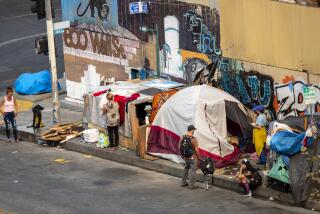EMERGENCY POWERS IN SOUTH AFRICA
Many powers granted to police under emergency regulations already existed in security laws. However, the emergency decree bypassed the courts and granted police indemnity from prosecution for any action they took âin good faith.â As of midnight tonight, under the orders of President Frederik W. de Klerk, the powers remain in effect only in Natal province. The most important emergency powers given to police and soldiers were:
The right to detain any person indefinitely without charge.
The right to search any place and seize any item.
The right to enter, close or monitor schools.
The right to prohibit, halt or restrict any gathering.
The right to bar reporters from the scenes of unrest or police action and limitations on what could be published or screened about police action.
The right to outlaw any organization or to limit its activities.
The right to restrict any personâs right to work, travel, write or speak in public.
A ban on âsubversive statements,â widely defined to mean any encouragement to strike, boycott, protest or demonstrate and any statement likely to embarrass the police or the government.
The right to seize an edition of any publication or to close down any newspaper or magazine.
Indemnity for police officers and soldiers from criminal or civil prosecution for any damage, injury or death caused by action under the emergency rules.
More to Read
Sign up for Essential California
The most important California stories and recommendations in your inbox every morning.
You may occasionally receive promotional content from the Los Angeles Times.









